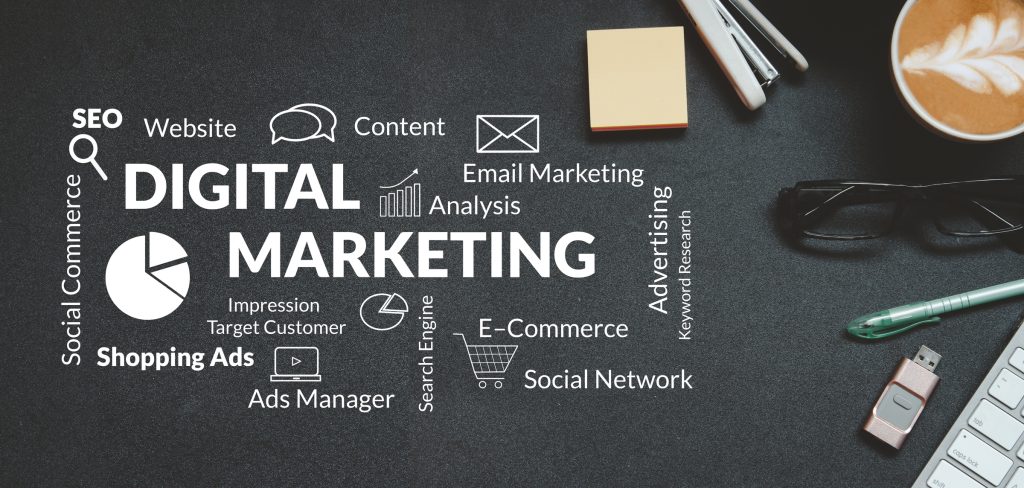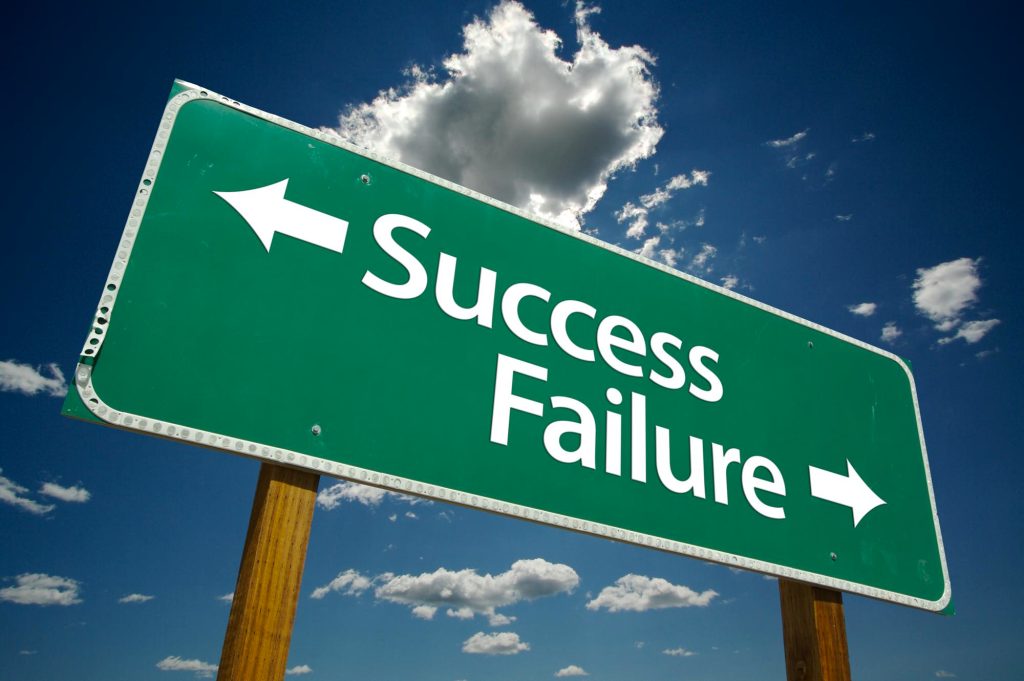It is important to avoid those techniques as much as possible because black hat strategies attract penalties. Google has introduced several upgrades specifically to ensure the webmasters don’t use any black hat techniques.
This article discusses some ineffective and dangerous SEO techniques that you must avoid this year.
1. Keyword Stuffing
There was a point in time when content marketers would stuff dozens of keywords into content pieces. They would include keywords that weren’t grammatically correct or had a spelling error simply because keyword tools told them they were popular.
That no longer works. You should use keywords sparingly and only when they blend in well with the content. Google’s Panda update was released in 2011 addresses keyword stuffing. It will penalize websites that use keyword stuffing, which will lead to a drop-in ranking.
Keyword stuffing will also compromise user experience. That can have an impact on your reputation in the industry.
2. Duplicate Content
Duplicate content is still a problem in the content marketing industry. It persists despite the fact that Google has cracked down on duplicate content. Panda also checks for duplicate content. It won’t index pages that provide the exact same experience as other pages.
Which means all of the efforts you might put in to duplicate the content is wasted. If you need to have duplicates on your website, make sure you “no index no follow” those pages. This hides the pages from Google and will ensure they won’t show up on the search engine.
As these pages aren’t indexed, they won’t have an impact on your website ranking. If you don’t want duplicate content on your website, be sure to check every piece of web content. You can use tools like Copyscape for assistance.
3. Guest Posting as a Part of Link Building
Google’s stance against guest posting can be confusing. The company doesn’t have anything against actual guest posting, but it does object to posting just for the sake of link-building.
Specifically, Google discourages the use of large-scale guest posting with content that includes keyword-rich anchor text links. As long as you guest post just to establish yourself as an authority and provide unique content, there’s nothing for you to worry about.
4. Too Many Advertisements
We live in the world of non-intrusive inbound marketing. Most of our strategies are designed to draw people in organically instead of bombarding them with ads. People favor this non-disruptive form of marketing because it prioritizes user experience.
User experience is an important ranking factor, which means anything that compromises UX is going to negatively impact your rankings. Ads can be disruptive, hinder the reading experience, and even slow down the website’s performance. They’re especially disruptive if you place them above the fold. If you want to include ads on your website, make sure they don’t disrupt a user’s experience.
Related article: 5 Tactics To Drive Website Traffic That Aren’t SEO
5. Irrelevant Keywords or Links
Irrelevant keywords or links are considered deceptive because they mislead the visitors. For example, if your content is talking about carpentry and you have a link to a dentist’s website, the association is irrelevant and disruptive.
If you make this mistake once, it will probably go unnoticed. However, if there are many deceptive links or irrelevant keywords in your content, you will have to deal with penalties and downgraded ranking.
Google will also penalize invisible or cloaking pages that hide the trust link destination and fool users. Search engine crawlers can now understand this deception and implement penalties.
6. Thin Content
Google requires at least 300 words content to index pages. Thin content doesn’t offer any value to users and usually doesn’t have much information. Not all thin content is bad but they shouldn’t be a big part of your content marketing strategy.
A website full of articles ranging from 300 to 500 words will not rank high in search engines. While the quality of the content might improve your position a little bit, it won’t bring you to the first page.
Most of the content on the first page ranges from 1,000 to 10,000 words. Content ranging from 3,000 to 10,000 have the highest number of social shares. The average word count of first page results is at around 1,890. If you want to rank high, you need at least 1,000 words in every piece you create.
7. Buying Links
Buying backlinks is a strict no-no and it will get you into trouble quickly. Google’s Penguin update keeps an eye on the quality of the backlinks and it will strike down websites that have spammy links.
Google is against buying links and won’t hesitate to penalize websites that are caught. A good-quality link from a high-authority website is worth more than a dozen links from black hat sources. It is safer and more effective in the long run to get links the traditional way through hard work.
8. Machine Article Writing and Spinning
There are AIs and programs that can churn out articles at a rapid rate. Some can even spin articles from other sources to make them appear unique. Both of these practices can land you in trouble.
You need to make sure your article is well-researched, genuine, and original. Google algorithms are sophisticated enough to find spun content and penalize websites for it.
If you don’t have the time to create good-quality content, consider hiring a professional content writer for the job. They will create articles based on your target audience and thorough research. You don’t want to risk your reputation by publishing poor-quality spun articles on your website.
Your SEO campaign will thrive and remain free of penalties if you avoid risky techniques and follow Google’s guidelines. This is important if you want to get any sort of recognition online.
________________
Author’s Bio
Justin Kemp is working as a Jr. content writer and blogger with Ranking By SEO. He can be seen blogging about digital marketing, SEO, SMO, PPC, etc.








